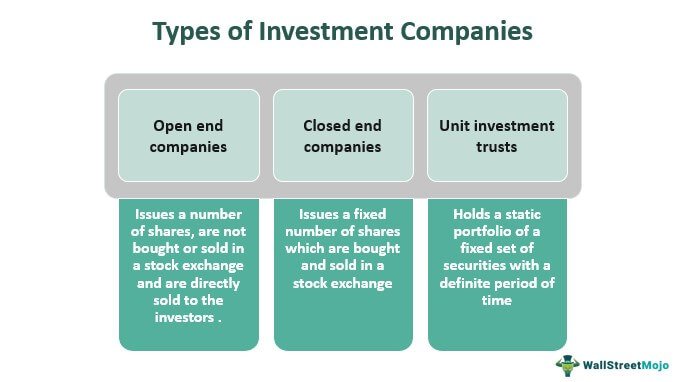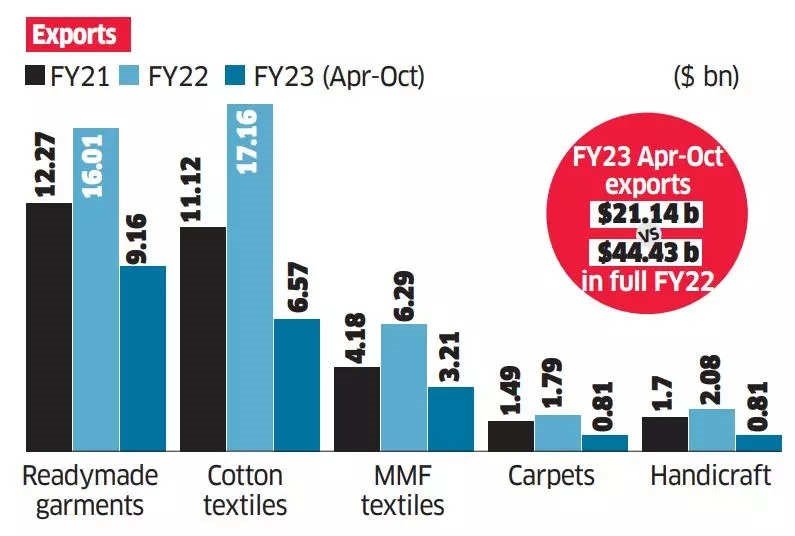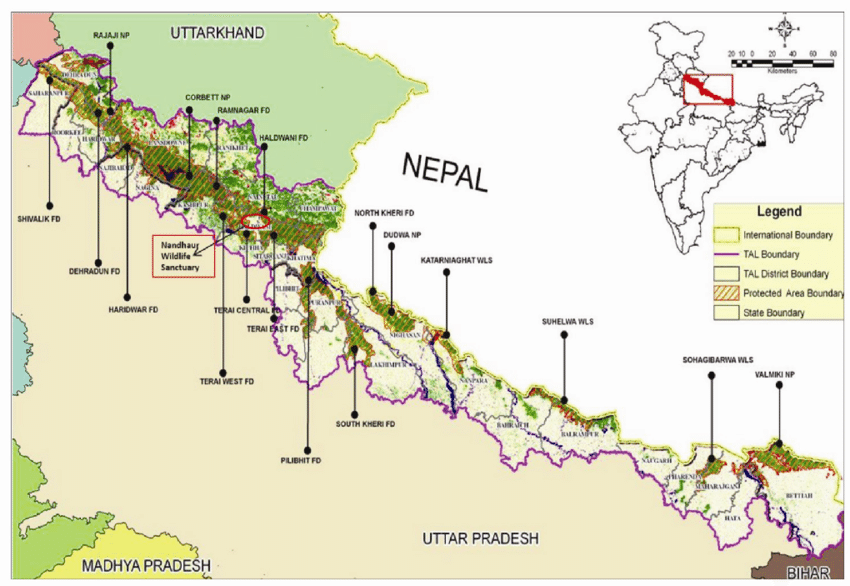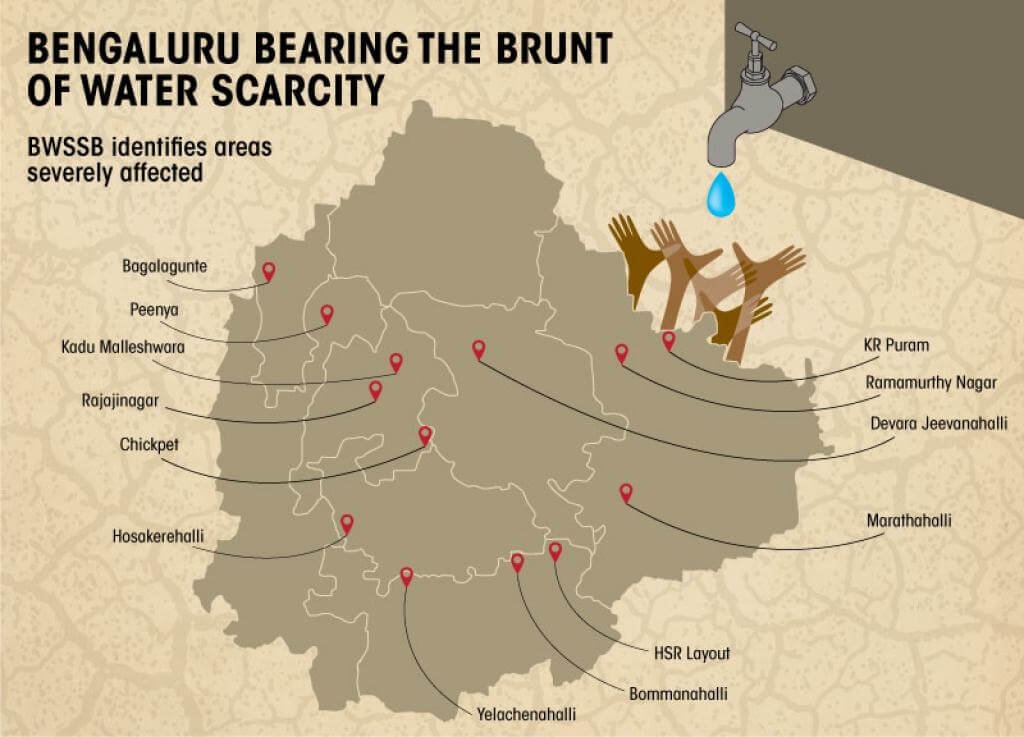
Rewilding of Vultures in Tiger Reserves
Subscribers of "Current Affairs" course can Download Daily Current Affairs in PDF/DOC
Subscribe to Never Miss an Important Update! Assured Discounts on New Products!
Must Join PMF IAS Telegram Channel & PMF IAS History Telegram Channel
- Context (TOI): Under the vulture reintroduction programme by the Bombay Natural History Society (BNHS), 20 vultures were soft-released into the Tadoba and Pench tiger reserves in Maharashtra.
- More vultures from the white-rumped, slender-billed, and long-billed vultures bred at various BNHS centres will be rewilded in Maharashtra, Madhya Pradesh, and Rajasthan.
- BNHS undertook the strategy of reintroducing vultures in tiger habitats with a large prey base because it will help sustain the vultures by allowing them to recycle the remains of prey hunted by tigers, leopards, and wild dogs and complete vital carbon and nitrogen cycles.
|
Reasons Behind the Massive Reduction in Vulture Population
Diclofenac
- ‘Diclofenac’, a veterinary drug used to treat cattle, caused mass kidney failure in vultures after they scavenged treated livestock.
- The massive vulture population crash in the ’80s and ’90s caused by this led the International Union for Conservation of Nature (IUCN) to declare the Indian vulture “only one step away from total extinction.” By 2007, 99% of vultures in India had disappeared.
- Following the findings, the GoI had banned the drug’s veterinary use in 2006.
Other Reasons
- Habitat loss
- Starvation due to diminished forage: Almost no farmer leaves their dead cattle outside anymore but buries them because of which no food is available for vultures in farmland areas.
Consequences of Depopulation of Vultures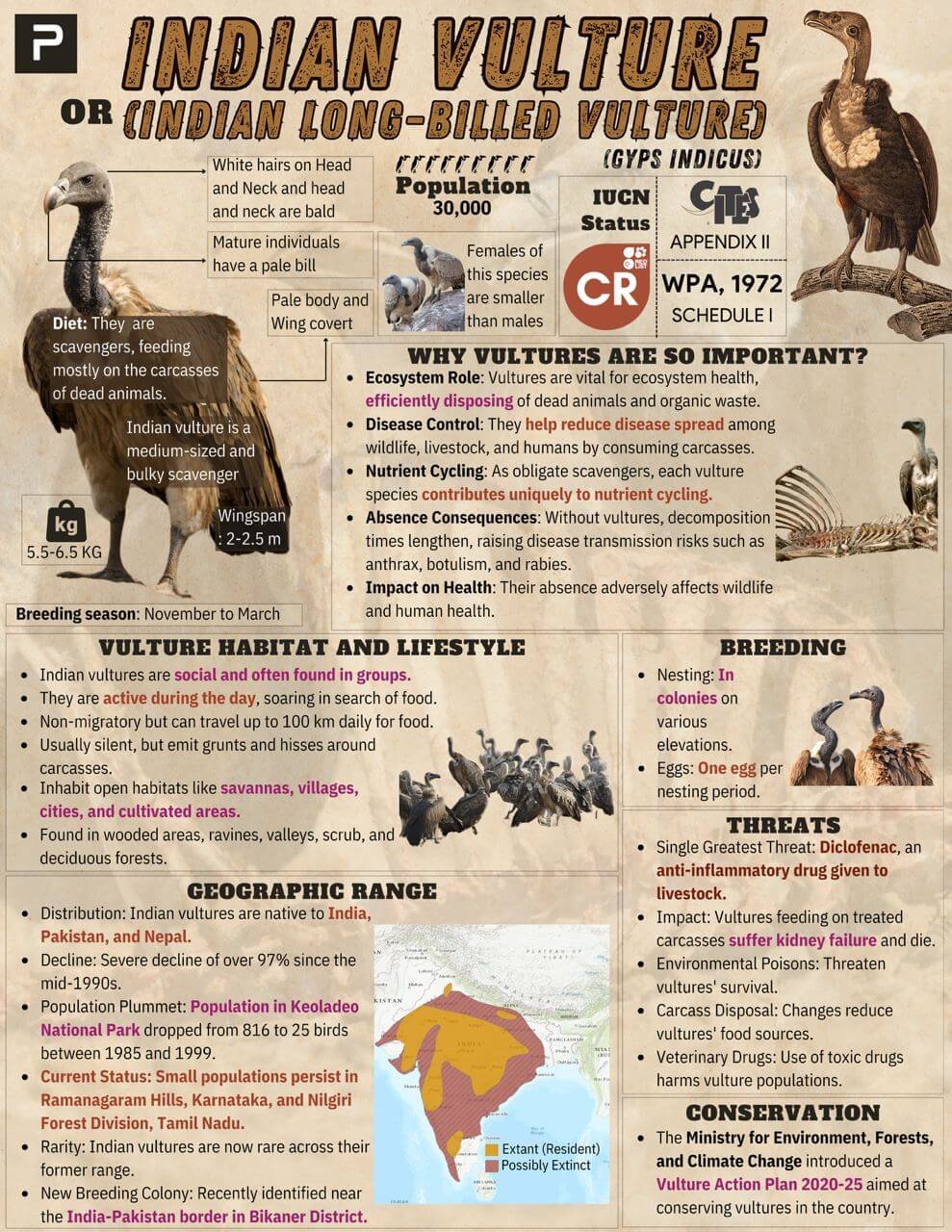
- Vultures played an important role as natural sanitation crew. Their depopulation results in:
- The carcasses rot in village fields, leading to contaminated drinking water.
- Explosion of rats and wild dogs, which lead to the spread of diseases.
- A vulture’s metabolism is a true “dead-end” for pathogens. However, the new scavengers (dogs and rats) become carriers of the pathogens.
BNHS’s Efforts to Conserve India’s Vulture
- About a decade ago, BNHS and the forest departments of Maharashtra, MP, Assam, WB, and Haryana began breeding vultures, gaining international attention at the first World Species Congress.
- BNHS teams conduct pharmacy surveys and carcass sampling, educate cattle owners, and sensitise villagers about vulture nesting colonies.
- BNHS is also raising funds to create ‘Vulture Safe Zones’ in UP, MP, and Assam, within a 100 km radius of the release sites, to keep vultures safe beyond the tiger reserves.
- They will GPS or satellite-tag the rewilded vultures to track their movements.
|
Vultures Found in India
Resident Vulture Species of India
White-Rumped Vulture
Indian Vulture/Long-billed vulture
Slender-Billed Vulture
Red-Headed Vulture/Asian King Vulture/Indian Black Vulture/Pondicherry Vulture
Bearded Vulture
Egyptian Vulture/Scavenger Vulture/Pharaoh’s Chicken
Migratory Vulture Species of IndiaCinereous Vulture/Black Vulture/Monk Vulture
Eurasian Griffon Vulture
Himalayan Griffon Vulture
|




![PMF IAS Environment for UPSC 2022-23 [paperback] PMF IAS [Nov 30, 2021]…](http://pmfias.b-cdn.net/wp-content/uploads/2024/04/pmfiasenvironmentforupsc2022-23paperbackpmfiasnov302021.jpg)



